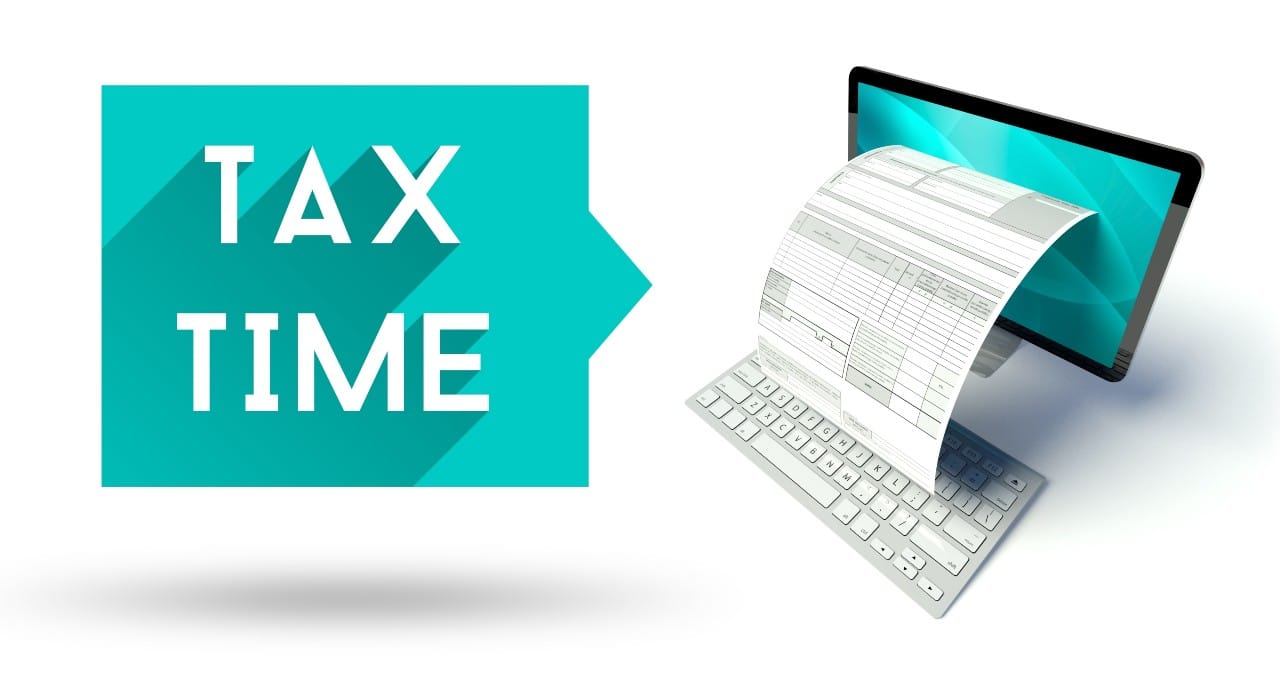Every financial situation is unique and unlike others’ experiences, which is why every piece of information you can absorb during debt repayment will help.
I know, I know, you’re tired of hearing the same old instruction from the same old places. So instead, we decided to see what others (who have been through similar circumstances) had to say about it!
Our favourite financial bloggers from across the web have shared their best pieces of advice regarding how to pay off debt and how to manage your money to its full ability. Enjoy!
Barry from Money We Have
High-interest debt should always be your top priority, but you want to make sure you’re putting aside enough money for your daily expenses. The last thing you want to do is borrow more to get by which creates a vicious cycle. If you haven’t already, it’s time to start looking at your budget on a yearly basis. Think about expenses that might not happen now but you’ll need money for later such as vacations or presents. Build that into your budget now and you’ll be on the right track.
Des from Half-Banked
Whenever people ask me what one, single thing they can do to help reach their financial goals, I always say the same thing: track your spending! Honestly, whether your goal is paying down debt or saving for a house, it’s easy to feel like there’s never any money left over at the end of the month to put towards your goal. I guarantee that if you commit to tracking your spending carefully for a month – without even changing any of your spending patterns! – you’ll find surprising patterns that you never expected. Those patterns, and the realizations you’ll have about how much you really spend on certain things, are the best places to find extra cash for your money goals.
Jessica from Jessica Moorhouse
The only way to successfully pay down debt is to have a good strategy. Most people have debts that are spread out (student loan debt, car loan, line of credit, credit card, you name it!), and sometimes it can all feel incredibly overwhelming. That’s why it’s worth it to see if you can consolidate your debt into just one loan to pay off. This will may make it a bit easier to digest, and you may be able to lower your rate of interest. Having a due date is also incredibly powerful. With that date in mind or written down somewhere, it will help you see the light at the end of the tunnel – life that is completely debt-free.
Vic from Dadischeap.com
Get on a budget. That was the single most important thing for me in terms of getting control of my finances. When you know where every single dollar is going, you can make better decisions on how to spend your money. Budgeting will help you save, invest, and pay down debt.
Bridget from Money After Graduation
The most important thing to do to pay off your debt or reach any financial goal is to simply take action, no matter how small, and to do so consistently. A small sum of $5 or $50 might not feel like it makes a difference right away, but when repeated a dozen times over the course of a year, it results in major progress.
Pamela from https://mymoneycounts.org/
Use windfall income to your advantage. When you’ve got a staggering amount of debt, use windfall income (like a bonus or tax refund) towards your debt. This will help you get out of debt quicker and build the momentum you need to become debt free. For example, the upside of high tuition costs is the insane amount of tuition credits you get which will help you to start making some money. Use your tax refund after graduation to pay off debt. Your future self will thank you.
Maggie from Northern Expenditure
The number one thing to remember is that future you is still you! We often cheat our future selves because we picture some old stranger to who we don’t have a connection. Instead, you should focus on where you want to be financially right now and plan for that because when you reach it, you’ll still be you (certainly older, maybe wiser, but still you).
Kate from Kate Saves
Putting my “debt number” on paper and staring it in the face was the first step to tackling my debt and getting me on track financially. Next, tracking my spending and setting up a stripped-down budget were the two biggest things that helped me pay off my debt. Tracking my spending showed me how much money I was wasting on things that I didn’t truly need when I could have been buying my own peace of mind by paying down the debt. Setting up a budget that included only the essentials with very little additional spending was the thing that kept me on track and allowed me to make bigger payments. Now that my debt is (mostly) gone, I still track my spending and will continue to do this until I die, because it is basically my financial lifesaver.
Bob from Tawcan
For each paycheck, allocate a certain percentage for debt repayment. This way, a specific amount of money goes into paying off your credit card debt, student loan, or mortgage each month. Understanding your money inflow and outflow is extremely important, hence having a budget. This will allow you to stay financially sound. Best ways to stay ahead financially? Learn to pay yourself first and treat your credit card like a debit card.
Ty from Get Rich Quickish
There are two popular strategies for paying off debt. The first is to focus on your loan with the highest interest rate, since eliminating that will you’ll save you the most money. The second is to pay off your debt with the smallest balance because that allows you to have a quick win. I recommend making it personal: attack whatever debt you hate the most, regardless of the loan balance or interest rate. It feels so good to know you’re eliminating something from your life which you despise so much, and that keeps you motivated to improve your financial situation!
Now what are you waiting for? Get out there and tackle your debt trying one of these ten ideas! We know you’ll find a strategy that works for you.
Image Credit: Skitter Photo





